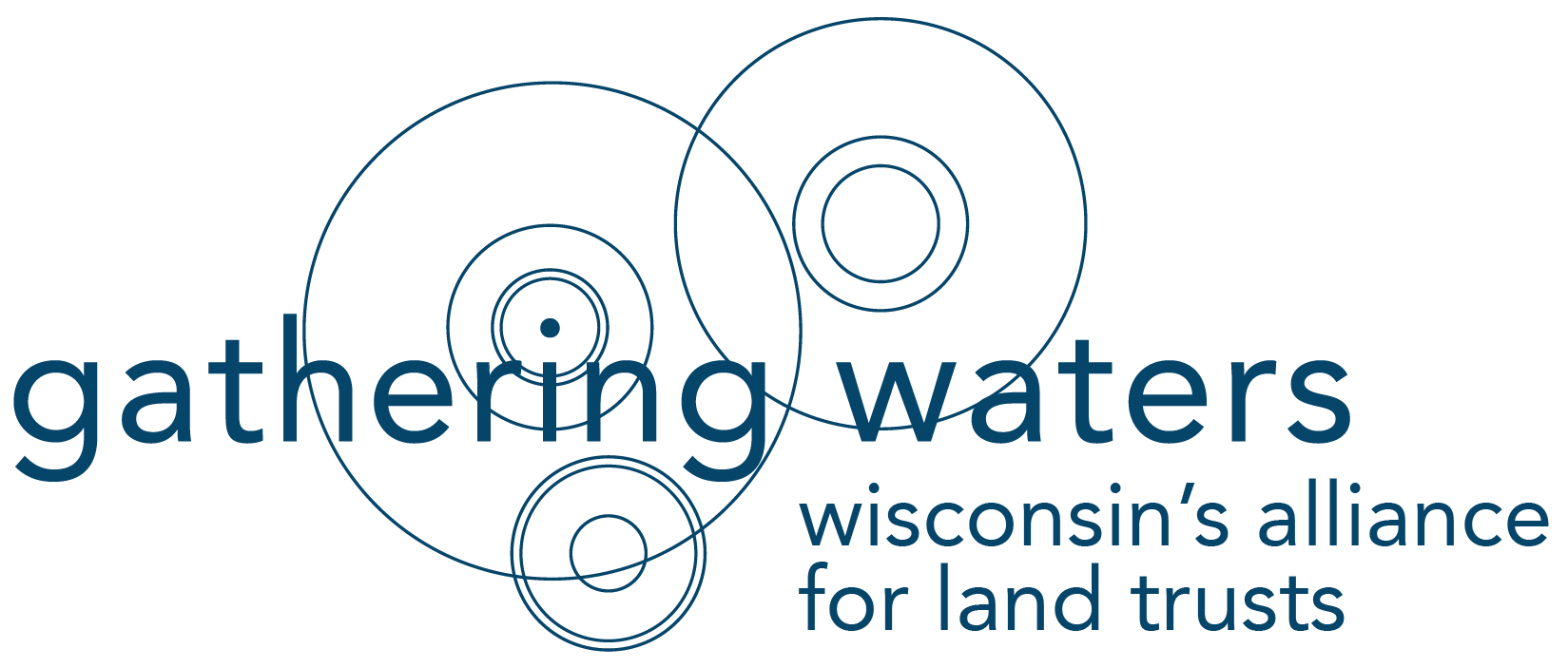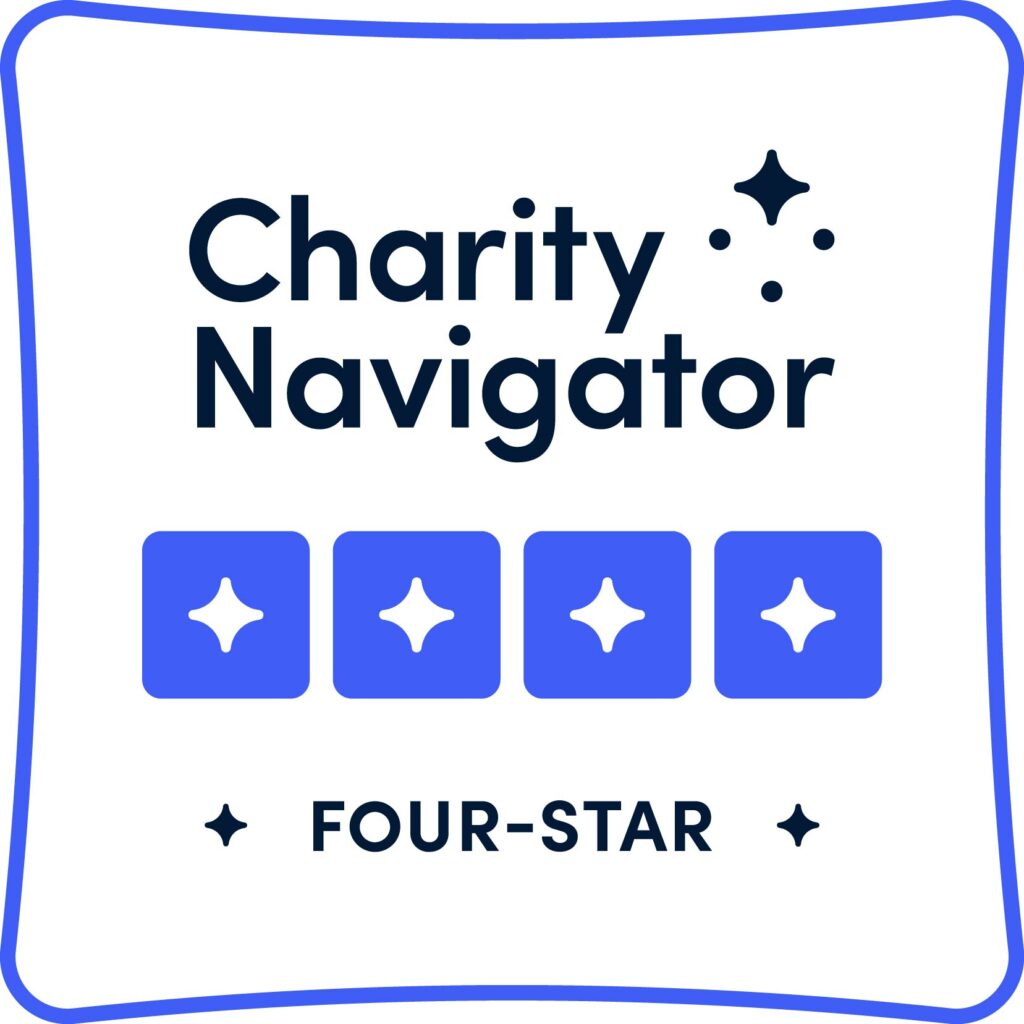With so much focus on jobs and the economy right now, one bright spot is the outdoor recreation industry. Nationwide, Americans spend $646 billion on outdoor recreation, according to a new study by the Outdoor Industry Association. Here in Wisconsin, outdoor recreation generates $11.9 billion in consumer spending; 142,000 direct Wisconsin jobs equaling $3.6 billion in wages and salaries, and $844 million in state and local tax revenue.
Wisconsin’s 50 land trusts help to support this burgeoning part of the economy by working with communities to provide the places and the amenities for people to connect with the outdoors. One great example is the Ice Age Trail Alliance. In 2012, the Ice Age Trail Alliance together with the Wisconsin Department of Tourism and other partners undertook a survey of Ice Age Trail users and businesses along the trail. Researchers determined that the Ice Age Trail draws an estimated 1.2 million visitors every year, and Trail users contribute approximately $113 million annually to statewide and local economies. The full report can be found here.
The economic impact of land trusts’ work doesn’t stop with outdoor recreation. Industries in Wisconsin such as the $22 billion forestry industry and $59 billion agriculture industry are also supported by land trusts as they help willing landowners protect working landscapes throughout the state. For example, in early 2012, the Conservation Fund worked with Lyme Timber and the WI DNR to complete the largest working forest conservation easement in Wisconsin history, the Brule-St. Croix Legacy Forest. This project, which leveraged funding from the state’s Knowles-Nelson Stewardship Program, will ensure that nearly 70,000 acres of timberland will remain in production, while providing public access for recreation, among other public benefits.
At Gathering Waters Conservancy, we recognize the many ways that land trusts help to support local communities and the economy, which is why we work so hard to make land trusts stronger organizations and to make sure that they have the tools and the public and private resources to accomplish their goals.


